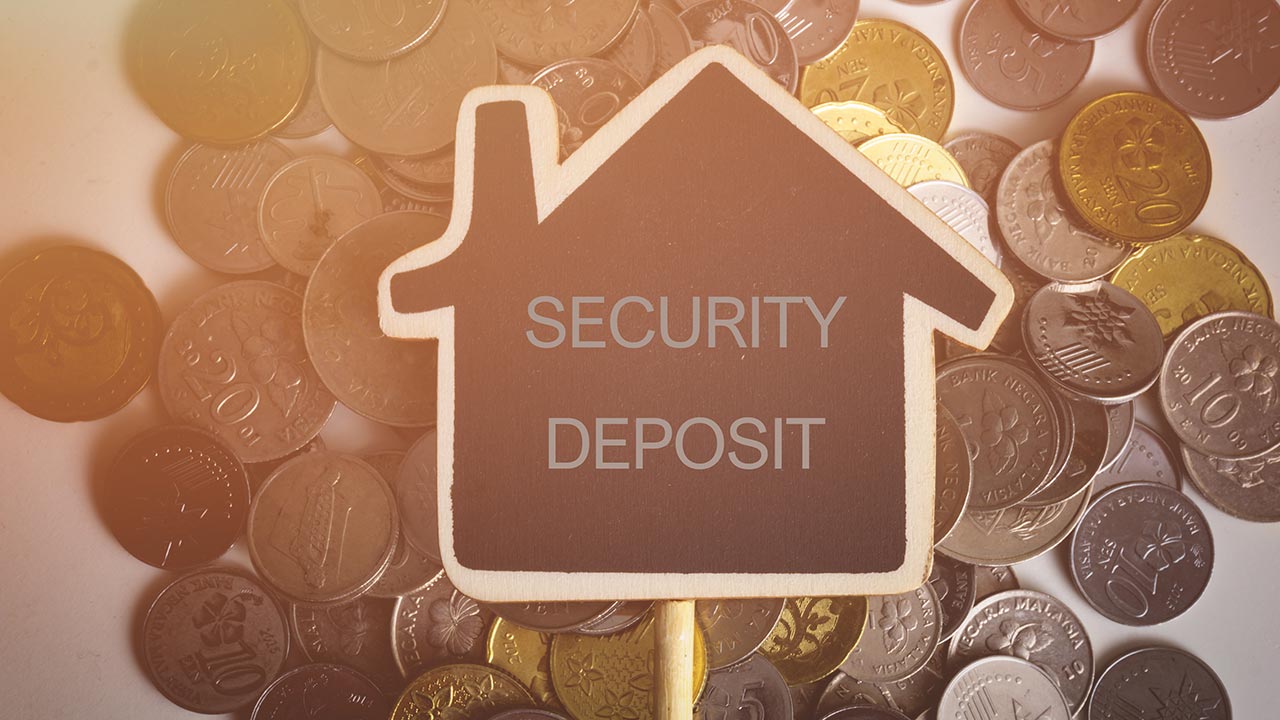
Owning real estate is one of the most tried and true methods of building wealth over time, and by renting property, you can have someone else pay off your mortgage for you as you build up equity. But as potentially profitable as being a landlord can be, it can also be complex and filled with hassles, especially if the proper protocol isn’t followed. Before becoming a landlord, make sure you’re aware of the following things first to avoid landing yourself in a legal debacle.
Be Careful of Discriminating When Marketing Your Property
You need to be very mindful about how you market your property and how you choose your tenants. The unit’s description and the questions you ask prospective tenants need to be worded very carefully. If it seems as though you are being discriminatory when choosing your tenants, you could find yourself in legal trouble.
Of course, you absolutely have the right to deny certain applicants for a variety of reasons, such as poor credit, lack of good references, and lack of employment. However, you cannot reject anyone based on their age, sex, race, religion, sexual orientation, personal traits, or disabilities under California law.
There Are Rules to Follow Regarding Raising Rent
In California, you cannot raise rent whenever you want, nor can you necessarily raise it as high as you want. If your rental property is located in one of the communities in California that have rent control, there will be rules governing how much you can raise the rent.
There are certain cities and counties in California with specific laws that put a cap on how much rent landlords are allowed to charge. Rent control laws vary a great deal from one city to the next, so it’s important for every landlord to check with their own local laws to see if there are any that restrict how and when to increase rent. Generally speaking, however, rental rates cannot be raised during a lease before it expires. It’s usually something that is altered when a lease ends and a new lease is negotiated and entered into.
Be Careful With Security Deposits
As a landlord, you’re allowed to request a security deposit to cover the cost of any damage that the tenant may cause during the lease period. You can retain the money after the tenant vacates to make any necessary repairs. But the amount you can ask for has a limit. In California, the deposit limit is usually two months’ worth of rent for unfurnished units.
Also, the tenant must be given a list of all the specific items that need to be repaired as a result of neglect or misuse by the tenant. If any monies are left over after paying for these repairs, the balance needs to be given back to the tenant. As a landlord, you could find yourself in court if you fail to submit this list and pay back any leftover money from the deposit.

Tenants Reserve the Right to Privacy
Under California law, landlords have to give tenants 24 hours’ notice before they enter a rental property unless there is an emergency. Whether you’re showing the unit to another potential renter or buyer or repairs need to be made, you can’t just enter the property without giving the tenant adequate notice.
Your Property Must Be Deemed Safe and Habitable By Law
If the property is deemed illegal or uninhabitable under state law, you could find yourself in legal hot water. Landlords are obligated to provide safe and livable conditions for their tenants, which means the tenants should be kept safe from any hazards, nuisances, and criminal activity.
Should your tenant get hurt as a result of your neglect of the property, you’ll likely find yourself being sued. Landlords should regularly inspect their properties to make sure they are safe for habitation.
Be Upfront With Disclosures
If you are well aware of a potential issue with your property, you are under legal obligation to disclose that information to your tenants, and this information should be included in the lease. For instance, if mold exists somewhere on the premises, or if there are sexual offenders living in the complex, these are important facts that tenants should know and have the right to know before they agree to sign a lease.
You Can’t Retaliate Against a Tenant
If you have a problem with your tenant, you can’t just retaliate against them in any way you feel just. For instance, shutting off their water or electricity, ceasing garage pick-up, or hiking the rent just to get back at your tenant for whatever reason is considered illegal in the state of California.
You Can’t Just Evict Whenever or However You Want
There are specific rules regarding the manner in which landlords may evict tenants. There are a variety of reasons why a tenant may be evicted, but tenants cannot just be thrown out with no notice. In California, there is a specific eviction process that must be followed in order to comply with the law in the state.
When the tenant can be evicted will depend on the reason given by the landlord. For instance, landlords can terminate tenancies by providing three days’ written notice to the tenant if they have failed to pay the rent, engaged in criminal activity on the property, caused a disturbance on a regular basis, committed violence or abuse against another, or damaged the property.
The Bottom Line
There are certain rules that you need to follow as a landlord, just like there are rules for tenants to adhere to as well in order to make this type of relationship work. While investing in a rental property can bring about a great deal of long-term wealth, being a landlord can definitely be a complicated and sometimes frustrating experience. That said, your job can be a lot easier and stress-free if you understand your role and obligations and stick to them.